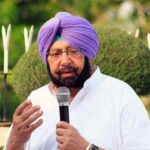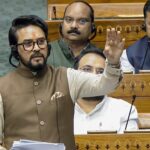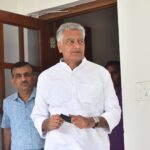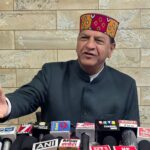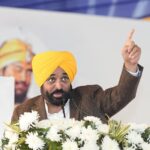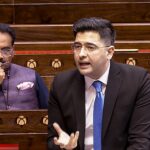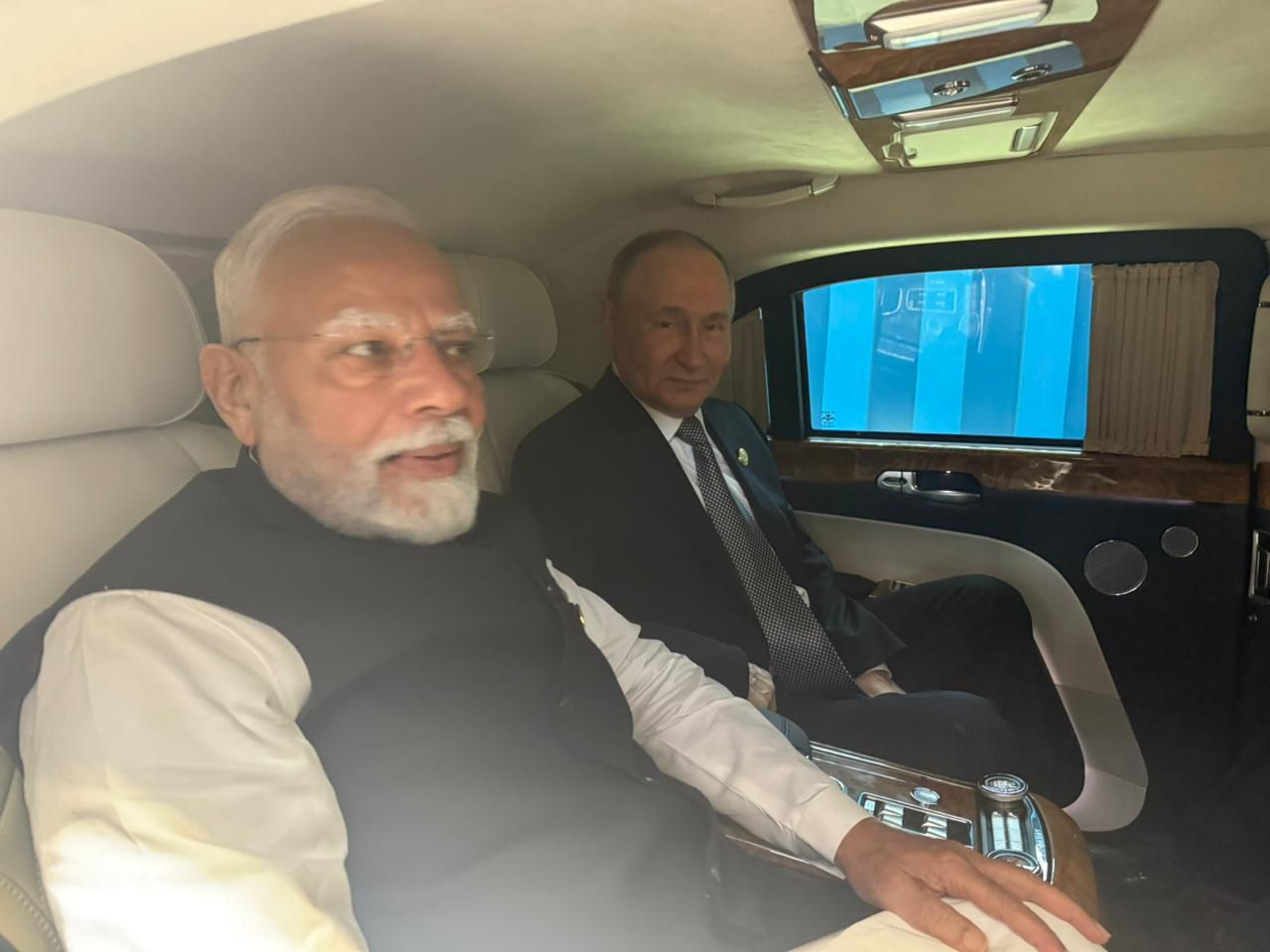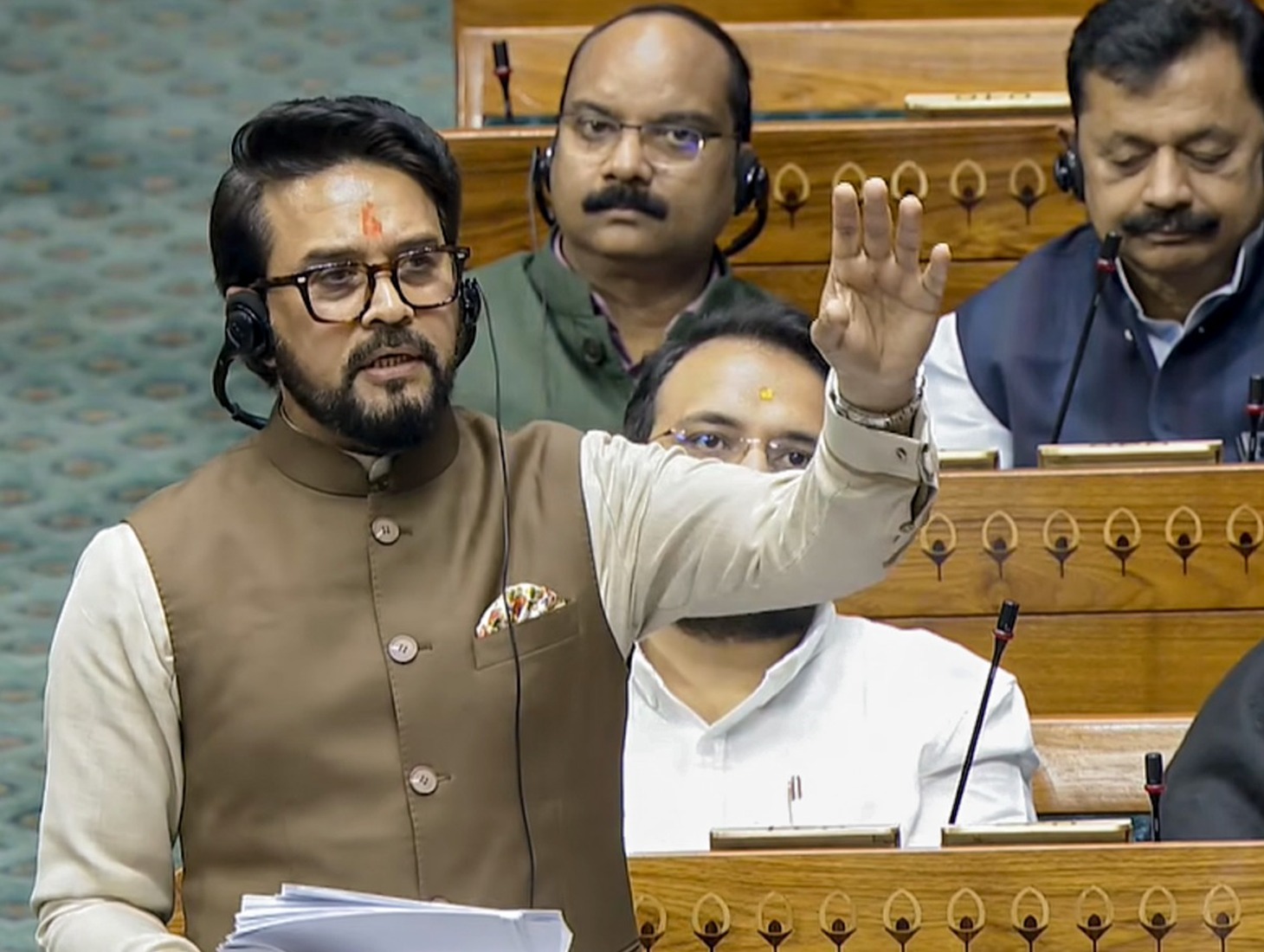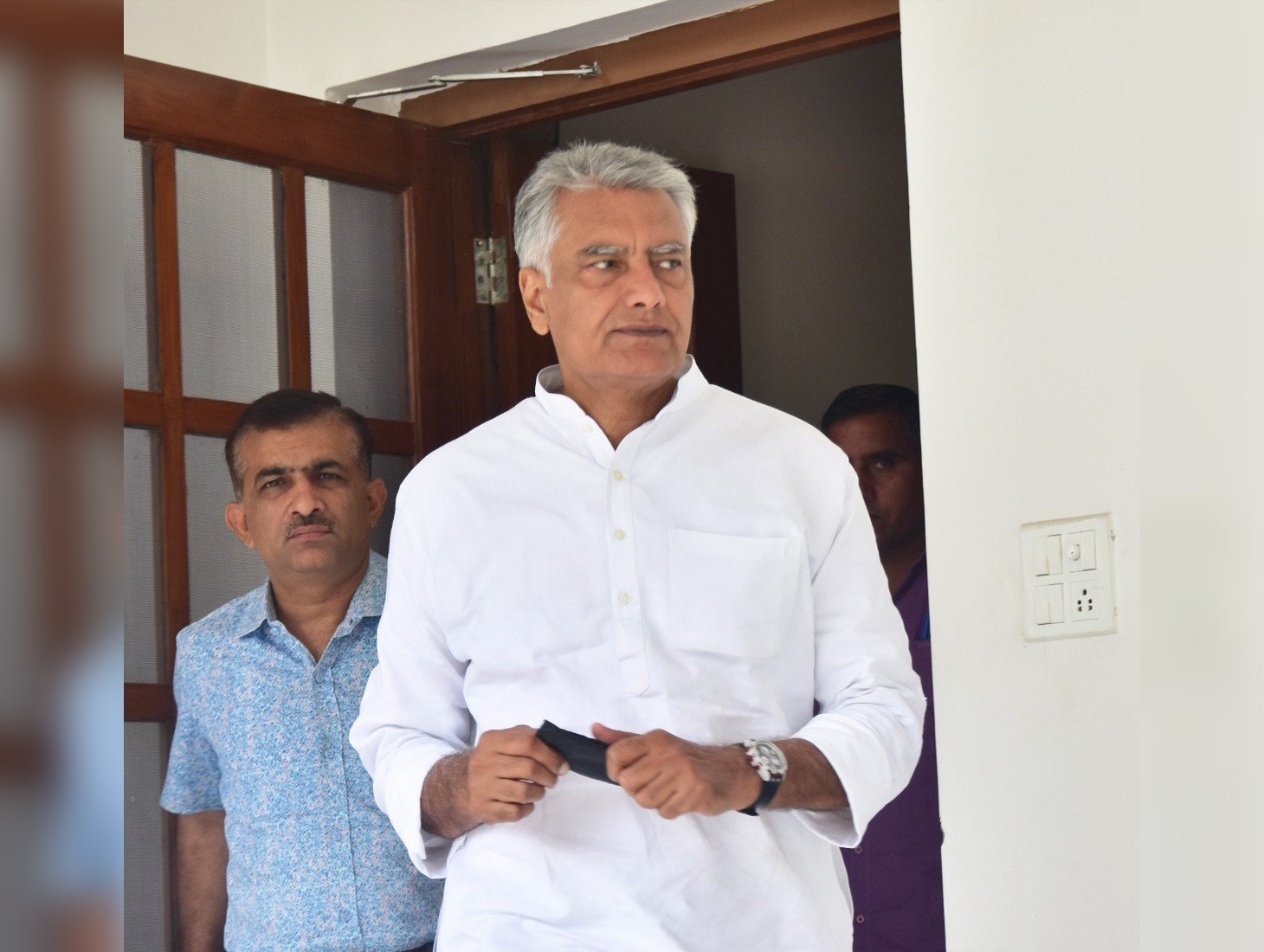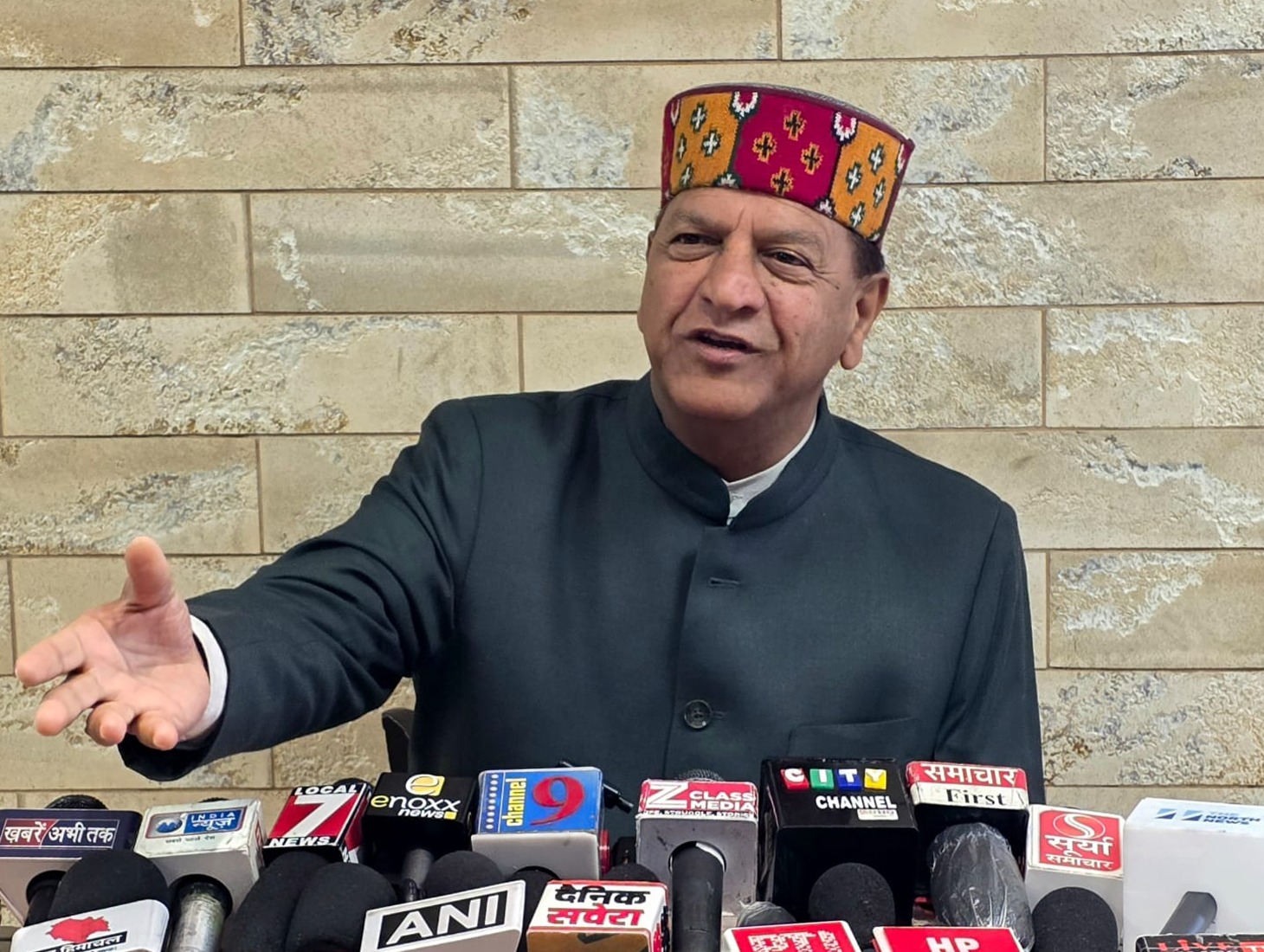The North News
Chandigarh, October 28
The death of an American national in a Dhaka hotel has triggered a surge of geopolitical speculation in India and beyond, with unverified claims linking the case to an alleged assassination plot against Prime Minister Narendra Modi during his recent visit to China.
The body of 50-year-old Terrence Arvelle Jackson was discovered on 31 August in Room 808 of The Westin Dhaka, according to The Daily Star. He had checked in two days earlier and was reportedly in Bangladesh on business. Police have suggested natural causes, but the incident has swiftly become the focus of speculation involving multiple intelligence agencies.

Some media outlets have alleged that Jackson had links to the CIA and that intelligence units from India and Russia were monitoring “unusual communications” between operatives in Dhaka and contacts overseas in the days leading up to his death. These reports, which remain uncorroborated, claim that India’s Research and Analysis Wing (RAW) and Russia’s Foreign Intelligence Service (SVR) coordinated through secure channels to respond to what they perceived as a security threat.
Speculation intensified because Jackson’s death occurred on the same day Modi was in Tianjin, China, attending the Shanghai Cooperation Organisation summit. During the visit, Modi held a private 45-minute conversation with Russian President Vladimir Putin inside a car — a meeting analysts say may have included sensitive security discussions.
The US government has not issued any statement regarding the circumstances of Jackson’s death or the allegations surrounding it. On his return to India, Modi made a cryptic remark at the Semicon Summit on 2 September, asking, “Are you clapping because I went to China, or are you clapping because I came back?” Some observers have interpreted the comment as a veiled reference to security threats.
Allegations in some media outlets have attempted to link the purported plot to growing strategic tensions between Washington and New Delhi. India’s refusal to yield to US pressure on trade and foreign policy has been noted as a potential source of friction. Analysts advancing this view argue that New Delhi’s increasingly assertive diplomatic posture and independent economic policy have sometimes run counter to Washington’s geopolitical goals — though no credible evidence has emerged to substantiate any CIA connection to Jackson’s presence in Dhaka.
According to the Organiser, the CIA has long faced allegations of intervening in foreign political landscapes, including backing uprisings and shaping regime change to advance US strategic interests. Jackson’s death has been seized upon by some commentators as evidence of a deeper intelligence contest playing out in South Asia, particularly in India’s neighbourhood.
Claims that the CIA has sought to undermine India’s political stability are not new and have appeared periodically since the Cold War era. Commentators advancing such allegations suggest recent efforts appear more pointed, reflecting tensions with a government in New Delhi that has publicly emphasised sovereignty and strategic autonomy. India, now the world’s most populous country and a rapidly growing economy, has repeatedly signalled its unwillingness to bow to external pressure on issues of national security or territorial integrity, the Organiser pointed out.
While these narratives have gained traction online and in some political circles, they remain unverified. No government or intelligence agency has provided evidence to support the claims linking Jackson’s death to an assassination plot, leaving the incident shrouded in uncertainty and fuelling further speculation.


